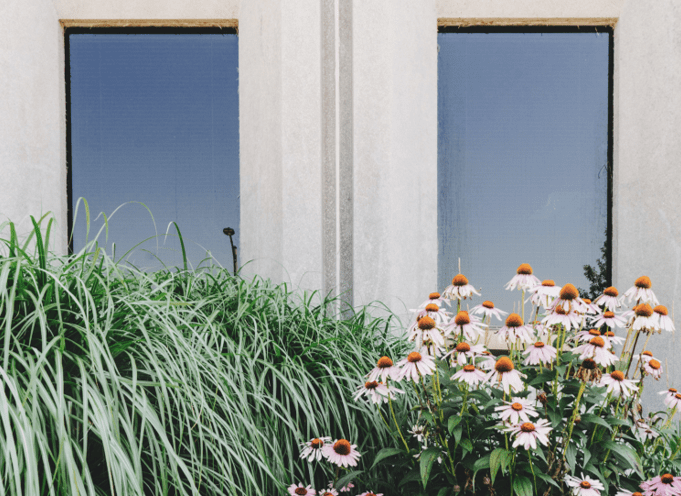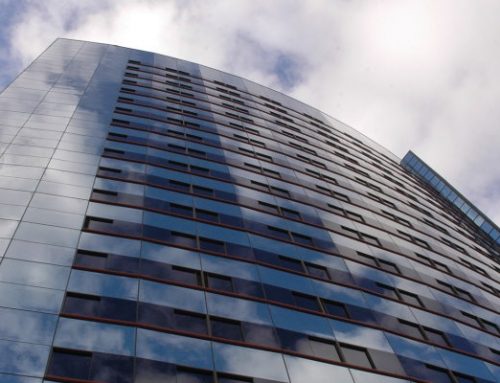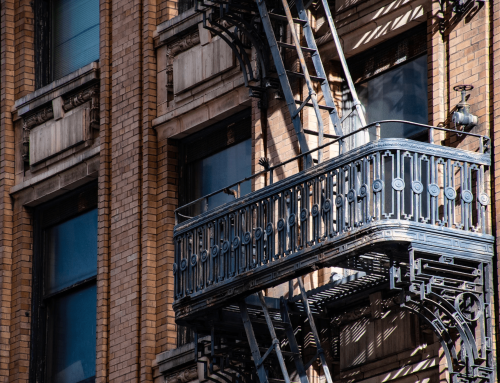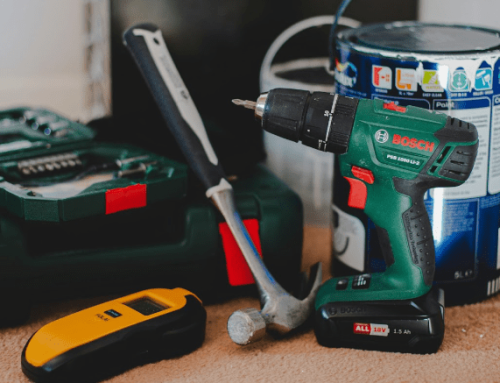A communal garden can be a fantastic way to bring tenants together and build a sense of community within your apartment block, however it’s really important to impose rules for communal gardens in flats so everyone can enjoy it peacefully and safely.
Typically, the tenants and the owner agree on the guidelines for apartment building communal gardens. These individuals might form a committee where the regulations are decided upon. Newcomers who are unaware of these guidelines could create problems when they move into the building, which could lead to conflict.
This guide will outline some of the common rules for communal gardens in flats – which can usually be found within your flat’s lease or tenancy agreement.
Why are rules for a communal garden important?
Often, rules for communal gardens and areas in apartment blocks will be outlined in your lease, and are therefore your legal responsibility to uphold.
It can also be difficult to share an outdoor space with individuals you don’t know. Setting some ground rules is one method to ease tension.
You might decide to take turns using shared spaces, keep the volume down after a certain hour, or honour each other’s privacy.
You can lessen tension and avoid misunderstandings by outlining your expectations clearly.
Making an attempt to get to know your neighbours and view them as potential friends is another way to ease tension. It will be simpler to find shared ground and establish a rapport if you take the time to learn about their interests, hobbies, and backgrounds.
6 common rules for communal gardens
1. Gardening
Keeping up with the tidying up is one of the most important aspects of horticulture, as any person with a green thumb will tell you. Things can spiral out of control all too quickly, and before you realise it, you’re up against an overwhelming challenge.
The absolute golden rule is to keep track of it from the start.
Control aggressive plants, establishing restrictions on what can be planted where, and generally keeping a close watch on the outdoor area are all necessary to achieve this.
While maintaining the gardens will often be the responsibility of your block management company, it’s still vital to check your lease and tenancy agreement to understand your own obligations from a legal perspective.
For example, if you reside in a flat, your lease may outline specific gardening rules for communal areas and gardens that you have to abide by. This might mean no gardening whatsoever, or you may need to request permission from the landlord before planting anything in these areas.
It’s best to prevent any potential conflicts by planting and maintaining your property sensibly, adhering to any rules set forth by your landlord, board or block management company and being considerate of others.
2. No Smoking
This is probably the most important rule for gardens and communal spaces in the UK, as it became illegal to smoke in public areas.
Smoking can disturb other tenants and could cause health and safety issues such as fires. There may be a designated smoking area for your building or it is probably best to smoke off premises.
3. Noise
Standard garden etiquette requires all tenants to keep noise at a reasonable level, and excessive noise is not allowed between the hours of 11pm and 7am.
The following loud activities must not be used or permitted by tenants in a garden:
- Dogs barking
- Excessively loud music
- Parties
- Crying or screaming children
- Power tools
- Anti-social behaviour
Usually, landlords and renters will work to find solutions to noise problems before calling the authorities. Many landlords include a provision in rental agreements that says you could be in breach of the agreement if you make too much noise.
4. No structures or paths
The garden may have restrictions on things like pathways, patios, statues, gazebos, greenhouses, trampolines, and storage-type buildings. If you want to use any structures or paths, please refer to your agreement and get permission first.
Make sure the structure complies with local area requirements for height and location if permission is given.
The tenant is also liable for the maintenance, repairs, and any loss or harm caused by the building.
5. No laundry
Laundry drying outdoors is not allowed in some communal gardens.
Laundry drying makes a loud fluttering sound that can be annoying. Its presence can affect how others use the communal space.
6. Respect other tenants privacy
Others might be looking for a peaceful retreat while enjoying the garden, sometimes it’s best to take turns using the garden to now invade someone else’s privacy.
Make sure the other tenants are aware of your use of the garden, especially if it is for a landlord-approved event.
In order to allow others to appreciate the garden, try to avoid using the area frequently for your personal use. So, don’t “hog” the space out of selfishness.
Looking for an expert block management company?
Keeping the garden tidy and safe for all tenants is an easy enough task if all residents are on the same page, which is why it’s really important that everyone understands the garden rules.
Scanlans have years of experience of upkeeping communal spaces and gardens in apartments and flats, we are a great option for landlords who simply do not have time to maintain communal areas themselves.
Our block management services cover everything from insurance and claims to repairs and maintenance, building surveying services, site visits, and more.
For more information about our services, or to get a quote, contact us today.
Rules for communal gardens in flats FAQs
How does a communal garden work?
These gardens, despite their name and the fact that they frequently resemble small public parks, are usually privately or jointly owned, with maintenance costs being split. Access may be limited by gates that are closed, have resident-only keys, or are only unlocked during the day.
Who looks after a communal garden?
In most cases, the tenancy agreement specifies accountability. The expenses of upkeep are typically your responsibility if you have exclusive use of the garden. The expense will typically be covered (by the landlord) through the service charge if it is a communal garden or sometimes the landlord will use a block management company to take care of the garden areas.
Is a garden a landlord’s responsibility?
Any garden areas that would be unreasonable to expect the tenant to care for (typically including the responsibilities for trees) must be kept up by the owner or block manager. If the tenant reports a problem that is not their own doing, it is also the landlord’s duty to see that it is resolved.










Leave A Comment
You must be logged in to post a comment.